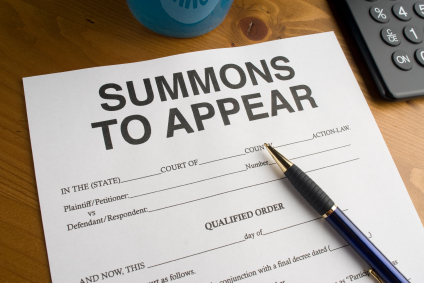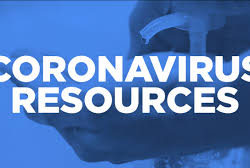Personal service is made when the documents are delivered directly to the defendant or witness. It usually is presumed that the process server delivers the documents in hand to the person and that service is made face-to-face. A personal service may also mean that the documents must be left in the person’s presence. Some statutes designate “personal service” as a manner of service distinguishable from other alternative manners of service, such as mail or posting.
Usually the person who can serve has to be at lest 18 years old, and not a party to the case.
Check your States rules on Personal Service found at your states local bar associations web site, under state codes.
Personal service is preferred because the process server gives direct notice of a pending action to the defendant. The service is the first step giving the court jurisdiction over the defendant. Without jurisdiction over the person being served, the court has no legal power to bind or compel the person to act or not act. Additionally, the process server could be requested (or compelled by the court) to offer evidence that a personal service was made. A face-to-face delivery provides the server an opportunity to note the defendant’s description, an invaluable piece of evidence proving that personal service was made.
Occasionally disputes arise as to whether a proper personal service was made. The process server may have to describe the defendant or witness, the circumstances of the situation when when service took place, and the conversation that took place. Therefore, it is preferable to see the person being served so that he or she may be identified later.
When personal service is the only form of service (check your state) in a statute it is distinguishable from others such as substituted service, and other manners of constructive service such as posting or mailing. The court or law may recognize alternative forms of “personal service” when delivery is made to someone specifically authorized by the defendant.
Personal service is not always accomplished face-to-face. The person being served may not be visible to the process server where service is being attempted, or may be evading service of process, concealed in an office or house where personal contact is limited or not possible.
The person may not invalidate service by refusing to accept the document(s) leaving the documents(s) in the presence of the defendant constitutes personal service. The courts have held that a defendant simply walking away and not accepting the documents cannot defeat service.
Lastly the service of process is not always a pleasant experience. Defendants are not always cooperative. Some states recognize that three elements must be present for a valid personal service. Service must be made
1) While the server is within normal speaking distance from the person being serve.
2) The server must inform the person that he or she is being served and the general nature of the documents
3) The server must leave the documents with the person.
After the defendant has been served you must file proof of service. If you are doing this and not the attorney you can file the proof of service at your county court house.
How to serve court papers on a individual this link explains the different options available
How to serve Court Papers on a Business





